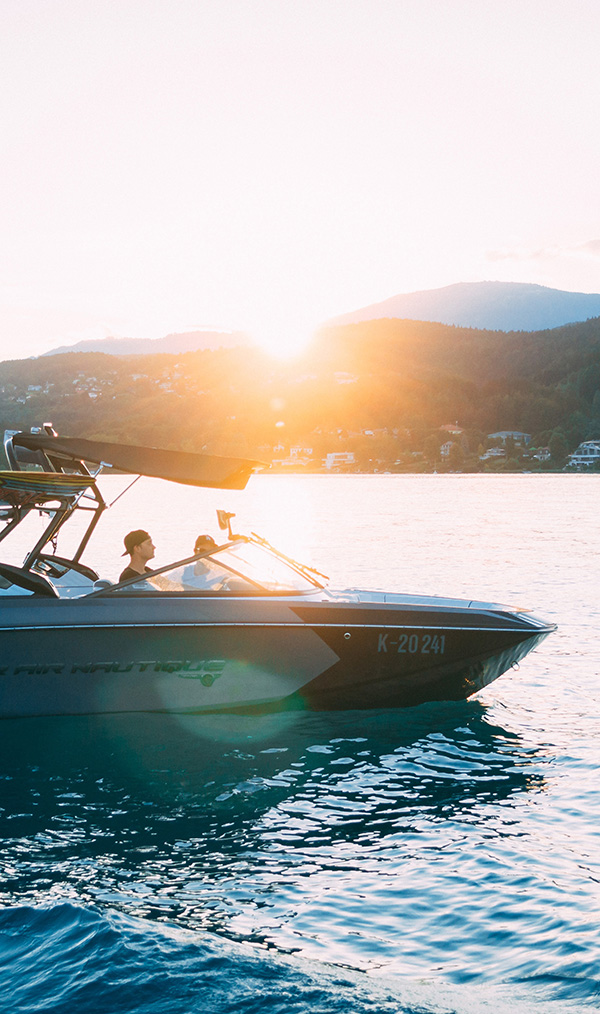What Is PWC Insurance?
PWC insurance helps insure you and your personal watercraft against accidents, vandalism, and liability. Salter Insurance Agency offers you the personal watercraft policy that's right for your needs.
What Does PWC Insurance Cover?
Personal watercraft coverage begins with you. An insurance policy for watercraft typically insures you against the most common liability losses, regardless of whether you are at the controls or you share your PWC with another person. In typical situations such as these, your coverage will usually include:
- Damage to another watercraft, boat or dock
- Bodily injury or death to another person caused by your negligence
- The negligence of another driver who uses your PWC
- Water skiers under tow or wake boarders injured while using your craft
- Physical damage to the hull, machinery, and equipment
- An uninsured watercraft operator who injures you
- Towing assistance if you break down while afloat
What Is Excluded From A PWC Policy?
You should read every line of your PWC policy to learn what items may be excluded from your coverage. Typical examples of items and situations not covered by most policies are:
- Any craft modified for speed and performance
- Operation of a PWC after dark, that is from dusk to dawn
- Operation of a PWC without a valid drivers license
Insurance needs differ depending on the type of watercraft you own. You should learn the details of your policy to see what is covered and what is specifically excluded.
What Types Of PWC Can We Help You Insure?
While the official definition of a personal watercraft can vary from state-to-state, two of the more common types of personal watercraft that we can help you insure are:
- A stand–up PWC: This allows for one rider who operates the watercraft while standing or kneeling, rather than sitting
- A sit-down PWC: This allows the rider to sit or stand, can usually carry two-to-four people and often offers the ability to tow skiers and wake boarders.
Coverage that protects against financial loss because of legal liability for boating related injuries (bodily injury and medical payments) or damage to the property of others (boat or other property) caused by accidents arising out of ownership, maintenance or use of a boat.
Policy option for bodily injury or property losses caused by a boated that does not have any coverage.
In the event of an accident, medical payments provides for the payment of medical and similar expenses without regard for liability.
Comprehensive insurance (also known as “other than collision” in some states) covers damage to your boat caused by events that are out of your control. It covers things like theft, vandalism, glass damage, fire, weather/acts of nature, etc. Comprehensive is an optional coverage and has a deductible which has to be met before payment by the insurance company. There is normally a separate “named storm” deductible for boat policies.
Collision covers damage to your boat caused by contact with another boat or object. Your collision coverage covers your boat regardless of who is at fault for the damage. Collision is an optional coverage and has a deductible which has to be met before payment by the insurance company.
Many insurance companies offer their own roadside assistance programs. These services may include towing and tire changes. Many insurance companies also offer towing while on the water, which can be purchased separately from the Roadside Assistance.
Many insurance companies offer coverage for the damage or mechanical breakdown to boat motors and any lifts, propellers, etc., necessary to engage the motor.

